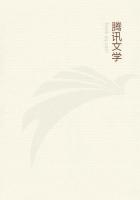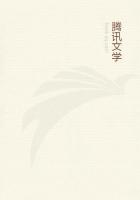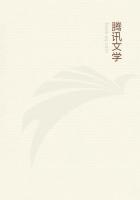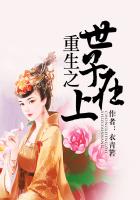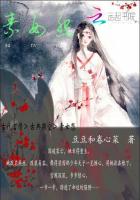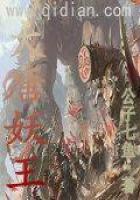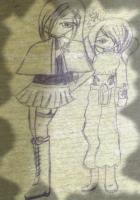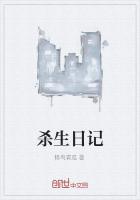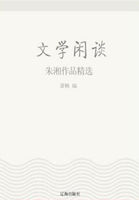Natural shrewdness, a sentiment of optical laws, and a great intensity of consideration led him to just conclusions; but to calculate the necessary formulae for the instruments he had conceived was often beyond him, and he must fall back on the help of others, notably on that of his cousin and lifelong intimate friend, EMERITUS Professor Swan, of St. Andrews, and his later friend, Professor P. G. Tait. It is a curious enough circumstance, and a great encouragement to others, that a man so ill equipped should have succeeded in one of the most abstract and arduous walks of applied science. The second remark is one that applies to the whole family, and only particularly to Thomas Stevenson from the great number and importance of his inventions: holding as the Stevensons did a Government appointment they regarded their original work as something due already to the nation, and none of them has ever taken out a patent. It is another cause of the comparative obscurity of the name: for a patent not only brings in money, it infallibly spreads reputation; and my father's instruments enter anonymously into a hundred light-rooms, and are passed anonymously over in a hundred reports, where the least considerable patent would stand out and tell its author's story.
But the life-work of Thomas Stevenson remains; what we have lost, what we now rather try to recall, is the friend and companion. He was a man of a somewhat antique strain: with a blended sternness and softness that was wholly Scottish and at first somewhat bewildering; with a profound essential melancholy of disposition and (what often accompanies it) the most humorous geniality in company; shrewd and childish; passionately attached, passionately prejudiced; a man of many extremes, many faults of temper, and no very stable foothold for himself among life's troubles. Yet he was a wise adviser; many men, and these not inconsiderable, took counsel with him habitually. "I sat at his feet," writes one of these, "when I asked his advice, and when the broad brow was set in thought and the firm mouth said his say, I always knew that no man could add to the worth of the conclusion." He had excellent taste, though whimsical and partial; collected old furniture and delighted specially in sunflowers long before the days of Mr. Wilde; took a lasting pleasure in prints and pictures; was a devout admirer of Thomson of Duddingston at a time when few shared the taste; and though he read little, was constant to his favourite books. He had never any Greek; Latin he happily re-taught himself after he had left school, where he was a mere consistent idler: happily, I say, for Lactantius, Vossius, and Cardinal Bona were his chief authors.
The first he must have read for twenty years uninterruptedly, keeping it near him in his study, and carrying it in his bag on journeys. Another old theologian, Brown of Wamphray, was often in his hands. When he was indisposed, he had two books, GUY MANNERINGand THE PARENT'S ASSISTANT, of which he never wearied. He was a strong Conservative, or, as he preferred to call himself, a Tory;except in so far as his views were modified by a hot-headed chivalrous sentiment for women. He was actually in favour of a marriage law under which any woman might have a divorce for the asking, and no man on any ground whatever; and the same sentiment found another expression in a Magdalen Mission in Edinburgh, founded and largely supported by himself. This was but one of the many channels of his public generosity; his private was equally unstrained. The Church of Scotland, of which he held the doctrines (though in a sense of his own) and to which he bore a clansman's loyalty, profited often by his time and money; and though, from a morbid sense of his own unworthiness, he would never consent to be an office-bearer, his advice was often sought, and he served the Church on many committees. What he perhaps valued highest in his work were his contributions to the defence of Christianity; one of which, in particular, was praised by Hutchinson Stirling and reprinted at the request of Professor Crawford.
His sense of his own unworthiness I have called morbid; morbid, too, were his sense of the fleetingness of life and his concern for death. He had never accepted the conditions of man's life or his own character; and his inmost thoughts were ever tinged with the Celtic melancholy. Cases of conscience were sometimes grievous to him, and that delicate employment of a scientific witness cost him many qualms. But he found respite from these troublesome humours in his work, in his lifelong study of natural science, in the society of those he loved, and in his daily walks, which now would carry him far into the country with some congenial friend, and now keep him dangling about the town from one old book-shop to another, and scraping romantic acquaintance with every dog that passed. His talk, compounded of so much sterling sense and so much freakish humour, and clothed in language so apt, droll, and emphatic, was a perpetual delight to all who knew him before the clouds began to settle on his mind. His use of language was both just and picturesque; and when at the beginning of his illness he began to feel the ebbing of this power, it was strange and painful to hear him reject one word after another as inadequate, and at length desist from the search and leave his phrase unfinished rather than finish it without propriety. It was perhaps another Celtic trait that his affections and emotions, passionate as these were, and liable to passionate ups and downs, found the most eloquent expression both in words and gestures. Love, anger, and indignation shone through him and broke forth in imagery, like what we read of Southern races. For all these emotional extremes, and in spite of the melancholy ground of his character, he had upon the whole a happy life; nor was he less fortunate in his death, which at the last came to him unaware.

